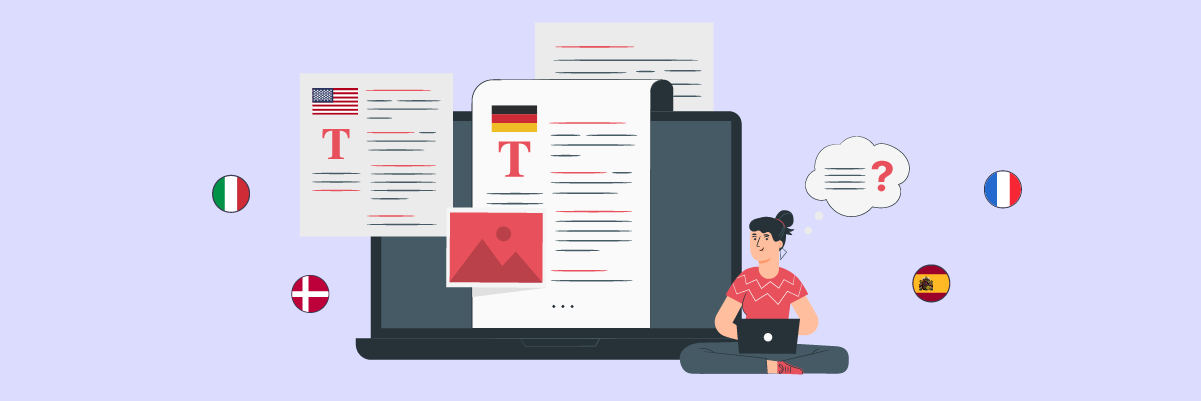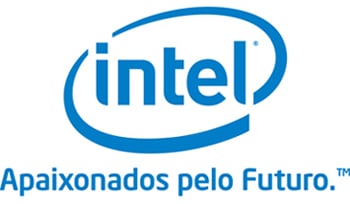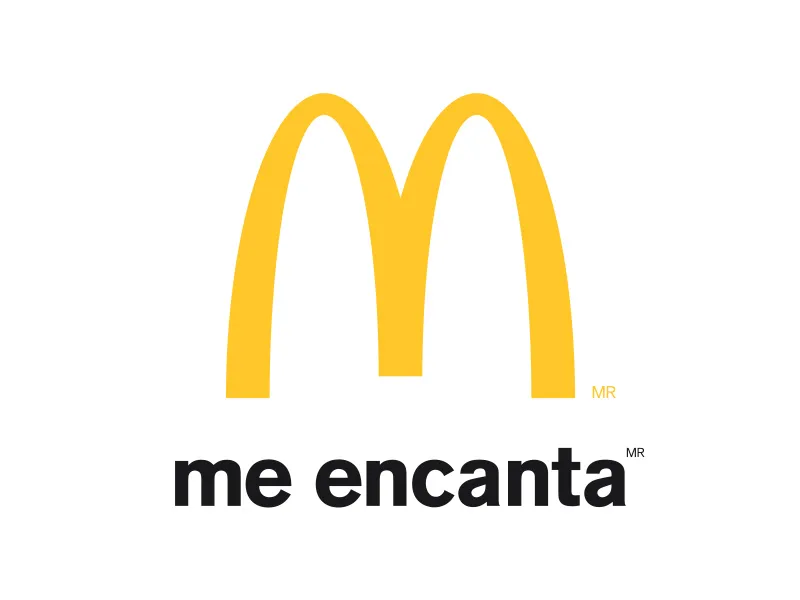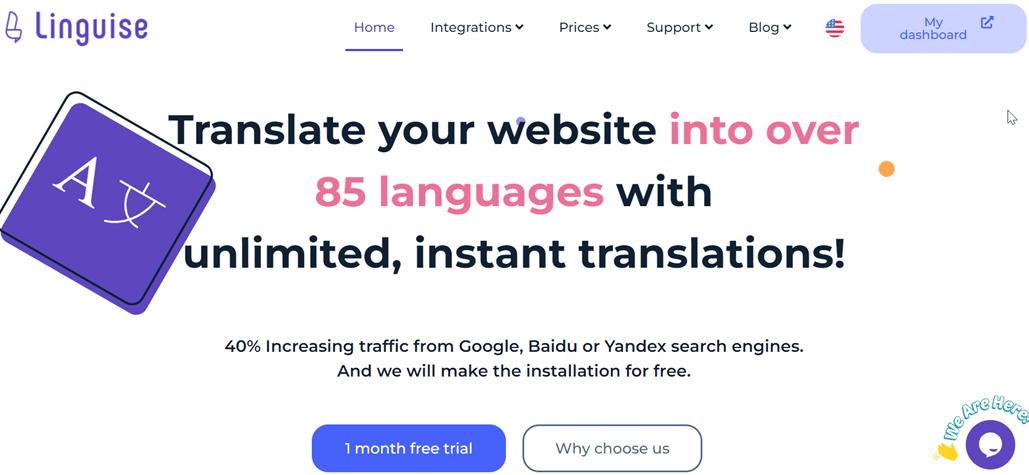Are you looking to connect with customers across different cultures as your business expands globally? How do you ensure your message truly resonates with diverse audiences? This is where transcreation comes in—a technique that adapts marketing messages to fit cultural nuances, ensuring your content connects deeply with new markets.
Unlike simple translation, transcreation preserves the original tone and intent while ensuring it speaks directly to the target market.
It’s not just about translating words; it’s about recreating the message to maintain its emotional impact across cultures. So, ready to connect with customers worldwide? Let’s start!
What’s transcreation?

As global marketers, we understand the importance of connecting with diverse audiences worldwide. This is where the power of transcreation comes into play—a creative process beyond mere translation that allows us to adapt content to resonate with your target market.
Transcreation is more than just exchanging words between languages. It’s the art of recreating multilingual marketing messages, ensuring that the intent, style, and emotional impact of the original are maintained while making the content culturally relevant for the new audience. This is crucial when expanding your business into international markets, as it allows you to build meaningful connections and unlock global success.
When we rely on literal translation alone, we risk missing the mark. The idioms, cultural references, and creative concepts that work seamlessly in one market may fall flat in another. That’s where the transcreation experts come in. They don’t just translate—they collaborate closely with you to understand your brand, message, and target audience. Then, they use their linguistic agility and cultural expertise to craft content that resonates on a deeper level.
For example, look at KFC’s famous “Finger-Lickin’ Good” slogan. When adapting this for the Chinese market, the transcreation team cleverly transformed it into “Eat Your Fingers Off.” This new phrasing captured the essence of the message – irresistibly delicious food – in a way that truly connected with Chinese consumers.
Another great example is Coca-Cola’s “Share a Coke” campaign. As Coca-Cola expanded this initiative globally, the transcreation process ensured that local names and phrases were incorporated, maintaining the campaign’s core idea of personalization and sharing while aligning with the unique cultural nuances of each market.
The difference between transcreation and translation

Although transcreation and translation involve transferring content from one language to another, they significantly differ in approach and result. Here are some of the main differences between transcreation and translation.
Aspect | Translation | Transcreation |
Focus | Linguistic accuracy | Emotional and cultural impact |
Process | Starts with the source text | Begins with a creative brief |
Result | Text faithful to the source | Culturally adapted new content |
Skills required | Language expertise | Language, copywriting, and cultural understanding |
Application | Technical, legal, and informational documents | Marketing materials, slogans, advertising campaigns |
Pricing | Usually based on word count | Often based on hours or project |
Creativity | Limited | High, may completely change concepts |
Client involvement | Minimal after source text is provided | Close collaboration throughout the process |
What’s transcreation used for?

Expanding your brand into new international markets is an amazing journey, but it requires a thoughtful approach to truly connect with your target audience. This is where the technique of transcreation power comes into play—a strategy that is becoming part of global marketing.
Let me share a few examples of how transcreation can transform your global reach.
- Marketing and Advertising Campaigns: Transcreation ensures that your campaign slogans, themes, and messaging resonate with your target audience. For instance, KFC’s iconic “Finger-Lickin’ Good” slogan was adapted in China to “Eat Your Fingers Off” – a phrase that better conveyed the irresistible deliciousness of their food to local consumers.
- Brand Messaging and Slogans: Transcreation helps you adapt your brand’s essence and voice to new markets without losing the essence of your identity. Coca-Cola’s “Share a Coke” campaign is a good example. As the initiative expanded globally, transcreation experts incorporated local names and phrases, ensuring cultural relevance while preserving the campaign’s core message of personalization and sharing.
- Website Localization: Transcreation goes beyond mere translation, helping you tailor your website’s content, design, and user experience to match the preferences and habits of your new target audience. This could involve changes in visual elements, examples used, or even navigational structure to provide a seamless, culturally aligned experience.
- Product Naming and Packaging: Transcreation ensures that your product names and packaging resonate with local consumers while maintaining your brand’s identity. This is crucial, as a name or design that works perfectly in one market might be meaningless or even offensive in another.
How to use transcreation with 7 steps

If you want to start implementing transcreation, there are several steps you can follow to create amazing transcreation.
Original content analysis
First, we’ve got the original content analysis. This is where the magic begins! You’ll need to get under the skin of your source content. What’s the core message? What’s the tone and style? We’re not just looking at words here – we’re capturing the very essence of what you’re trying to communicate.
Remember Nike’s “Just Do It”? It’s not just about doing something—it’s about bravery, determination, and action. That’s the kind of depth we’re aiming for.
Target market research
Next, let’s talk about target market research. This is where you become a cultural detective. You’ll be digging into demographics, psychographics, and consumer behavior. What makes your new audience tick? What are the social norms, local humor, and taboos?
For example, when Coca-Cola entered China, they discovered that Chinese consumers preferred less sweet flavors
Brainstorm concepts
Now comes the fun part – brainstorming concepts.
This is where you and your team get to let your creativity run wild. How can you adapt your message to resonate with your new audience while keeping true to your brand? Remember how KFC entered the Chinese market? They brainstormed to adapt their slogan, “Finger-Lickin’ Good.” The result was “Eat Your Fingers Off,” which, in Mandarin, has a connotation similar to the original slogan and has proved effective in the Chinese market.
Determine the goal of transcreation
Next, you need to know what you’re aiming for. That’s where determining your transcreation goals comes in. Maybe you want to boost brand awareness, drive sales, or build emotional connections. Whatever it is, make it specific and measurable. Think about Airbnb’s “Don’t Go There. Live There” campaign. Airbnb’s transcreation objective was to shift travellers’ perceptions from merely visiting a place to truly living like a local, measured by increased bookings and positive reviews from more authentic experiences.
Set brand guidelines for transcreation
We know you’ve worked hard on your brand identity. That’s why setting brand guidelines for transcreation is crucial. These guidelines should clarify what elements must remain consistent (such as the logo or colors) and what can be adapted (such as the slogan or visual style). This step ensures your brand remains recognizable while speaking the local language.
For example, when McDonald’s expanded to various countries, they had guidelines that allowed for local menu adaptations (such as the Teriyaki McBurger in Japan or the McAloo Tikki in India) while maintaining core brand elements like the Golden Arches logo and the fast-food restaurant concept.
Calculate costs and schedule
Then, calculating costs and setting a schedule is essential. Transcreation is an investment, both in time and resources. But trust me, it’s worth it when you see your brand resonating across different cultures. For instance, a global advertising campaign involving transcreation into 10 different languages might require 3-4 months and a budget that covers costs for local creative teams, market research, and consumer testing in each market.
Choose the right tool for transcreation
Finally, let’s make your transcreation easier with the right tools. Have you heard of Linguise automatic translation? It’s powerful tools for help you to translation. It offers neural machine translation that understands context and has a high translation quality rate of up to 97%.
With Linguise front end live editor, you can also collaborate with professional transcreators to ensure that all your written content is high quality and polished. Don’t wait any longer to start translating your website. Plus, it allows for easy editing for transcreation purposes. You can even start with a free trial!
Examples of transcreation
Here is the stories show how big brands adapt their messages to resonate with different cultures.
1. Intel
Intel is the tech giant you know for powering your computer.
Original Content:
Their English slogan was “Sponsors of Tomorrow.” Sounds cool, right? They’re saying, “We’re shaping the future!”
Transcreation:
But here’s the twist—when they tried to use this in Brazil, it fell flat. Brazilians are all about the here and now. They want solutions for today, not just promises for tomorrow.
So, Intel got creative. They came up with “Apaixonados pelo Futuro” – which means “In Love with the Future.” Isn’t that brilliant? It keeps the future-focused vibe but adds a passion that Brazilians can relate to. It’s like saying, “We’re so excited about the future. We’re bringing it to you right now!”

2. McDonald's
McDonald’s is one of the largest fast-food chains in the world.
Original Content:
So, McDonald’s came up with this catchy little phrase in English: “I’m lovin’ it.” Pretty cool, right? But here’s the thing – they realized that in some places, saying you “love” your fast food might raise a few eyebrows. It’s like telling your crush you love them on the first date – a bit too much, too soon! Especially for our Spanish-speaking friends, who tend to save the L-word for the really big stuff in life.
Transcreation:
Instead of just Google Translating their slogan (rookie mistake!), McDonald’s got creative. They put on their thinking caps and came up with “Me encanta” for Spanish speakers. It’s like saying “I’m really into it!” – still shows you’re a fan, but without going overboard. It’s that perfect middle ground between “meh” and “I want to marry this burger.” And you know what? It worked like a charm! People could relate to it without feeling like they were declaring undying love to a Big Mac.

Conclusion

Transcreation is a powerful marketing technique that goes beyond simple translation. Trust me, this isn’t just another buzzword; it’s your secret weapon for making your brand truly global.
The transcreation process requires careful planning and execution, from analyzing original content to researching target markets, brainstorming concepts, and setting clear goals. To start your journey in creating multilingual content that truly resonates, consider creating a Linguise account to help streamline your translation and transcreation efforts.




